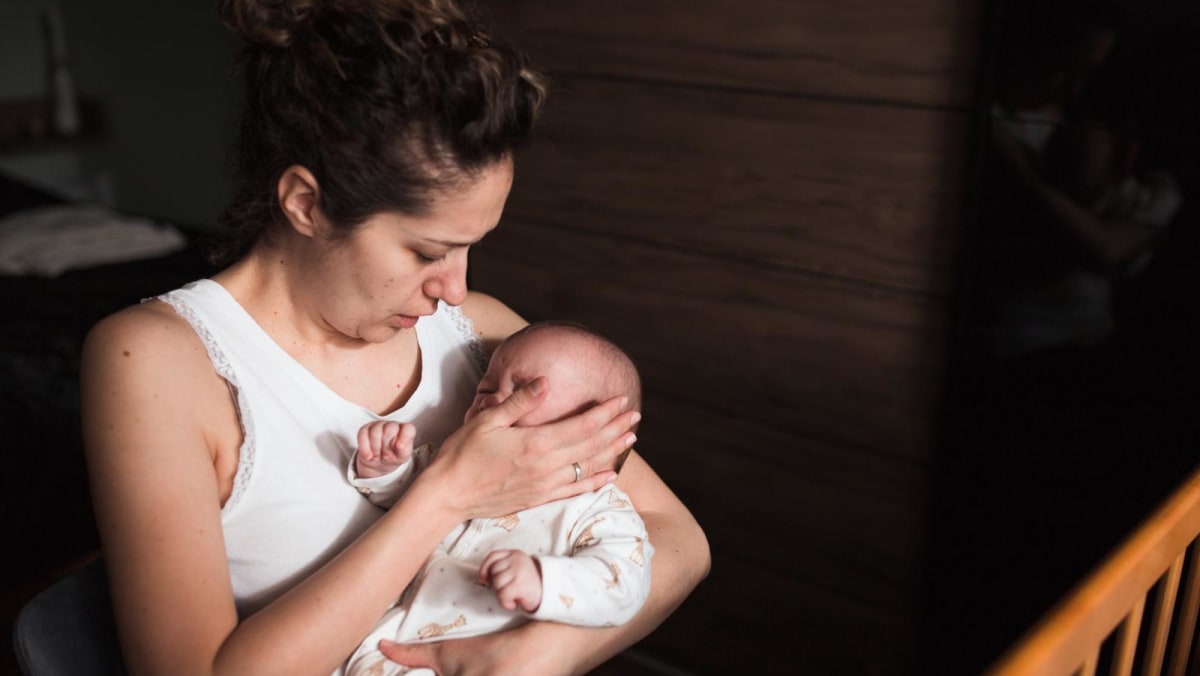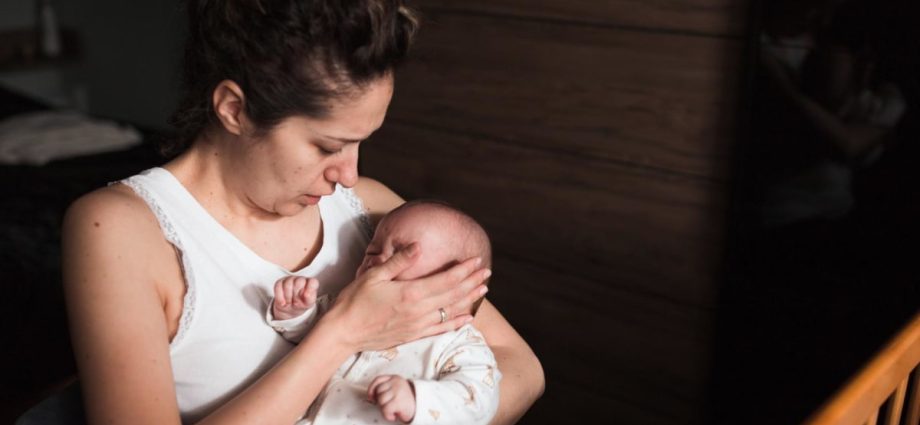
But if we continue to accept these supposed norms, we do so at the expense of gender equality and women’s well-being and mental health.
“By perpetuating gender inequality and economic disempowerment, unpaid care and domestic work affect women’s health, their education and employment opportunities while also increasing their vulnerability to violence,” APEC said in the 2022 report.
An analysis of 19 studies covering 70,310 people globally, published by The Lancet Public Health in 2022, also found that the more of this unpaid labour women do, the worse their mental health.
This is a good reason to stop perpetuating gender stereotypes and raising generations who think it is acceptable for women to shoulder the bulk of household and caregiving responsibilities.
Gendered expectations start from young. If girls are expected to clean up after meals, while boys are allowed to slack off – because girls are more organised and well, boys are just being boys – they will grow up thinking this is the norm.
“We have to educate and advocate for mindset changes towards gender roles and ‘de-feminise’ the caregiving and household responsibilities,” said Georgette Tan, president at United Women Singapore, in the Ipsos report. “By ensuring shared responsibilities, this will allow women more time for self-care, pursue their career aspirations and contribute even more to the community.”
TAKING THE INITIATIVE
Men need to realise that they play an equally essential role in raising their children and maintaining the household. They need to step up their game.

